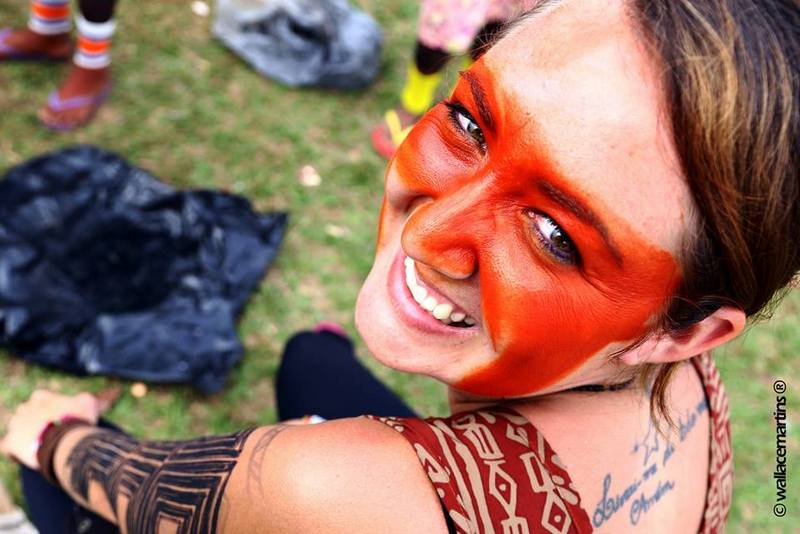 Speaker: Maíra Irigaray Castro
Speaker: Maíra Irigaray Castro
PhD Student, Department of Geography, University of Florida
Thursday, February 13, 2020
2:50-3:50 PM (Period 8)
Turlington Hall Room 3018
University of Florida
All are welcome to attend.
The Munduruku Movement Ipereğ Ayũ (MMIA), which in Munduruku translates to “We are strong; We know how to protect ourselves and all We believe in,” is a new autonomous social movement at the forefront to resist the government’s destructive plans for Amazonia and ensure legal guarantees to self-determination and homelands. Also, of interest is the Wakoborûn Indigenous Women’s Association and Movement (WIWM), an organization within MMIA that was formed in 2017 to unite the Munduruku women in the struggle. MMIA and WIWM have been recognized for their efforts to educate and empower a broad segment of the Munduruku people, facilitate organizational cohesion among the tribal communities, and establish alliances with regional, transnational, and global organizations and movements. Despite growing international attention, very little has been written about them beyond the grey literature. The goal of my research is to fill this gap in the scholarship, providing a fuller account of MMIA and WIWM by employing a decolonizing framework that integrates Feminist and Indigenous Political Ecology with Geographies of Resistance to illuminate MMIA and WIWM’s genesis stories, and explore how their experiences through cycles of contention triggered by Amazonia development pressures define their grievances and shape their organizational structure and strategies for collective action.
